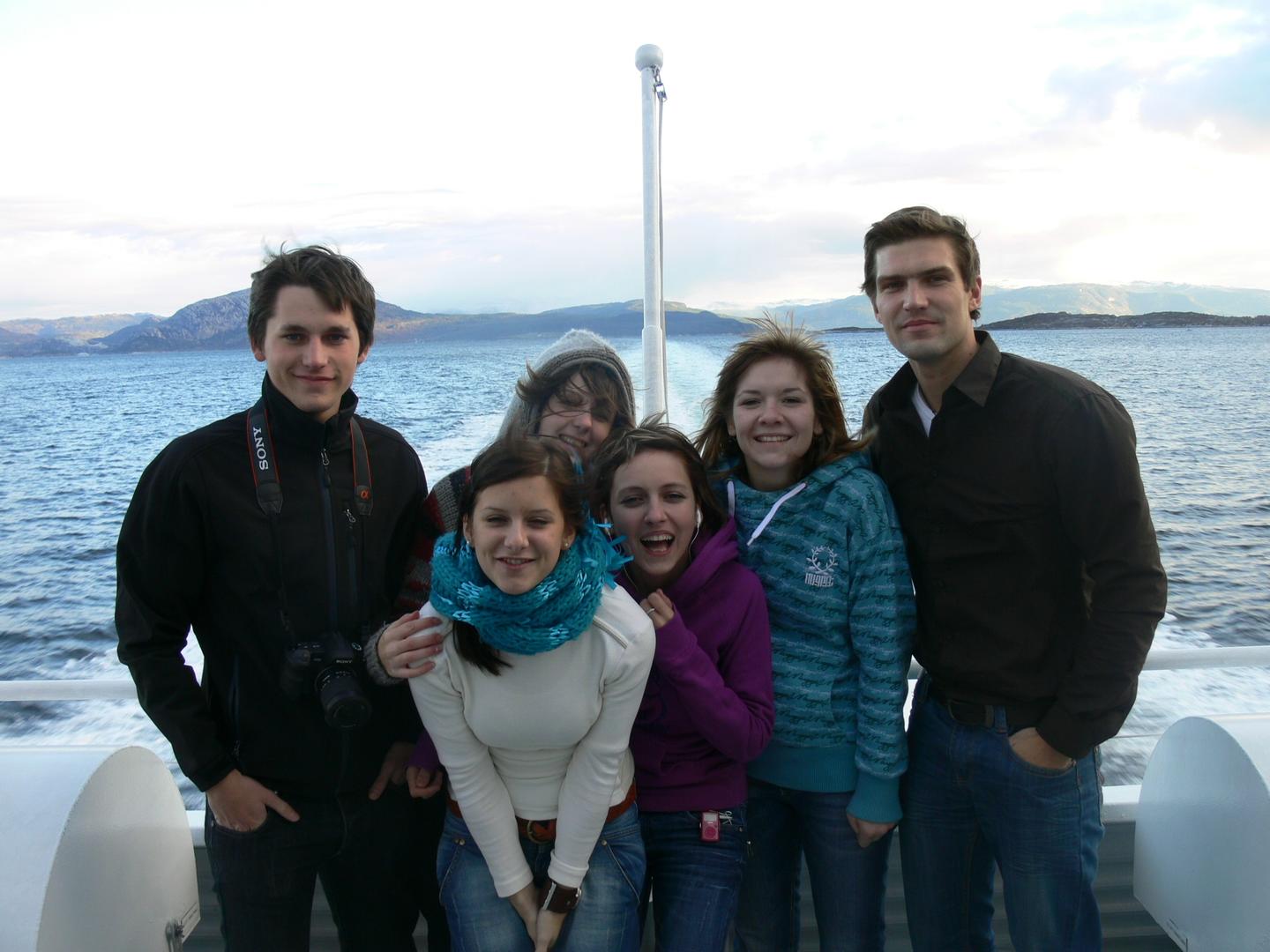- For us, working with the Grants in the previous period was definitely a positive experience, says senior advisor Veena Gill at the Norwegian Centre for Cooperation in Education (SIU) who served as a contact point for the scholarship funds in the previous period.
- The work on the scholarship funds gave us the opportunity to expand our cooperation with Europe. Norwegian partner institutions got the chance to operate in new countries and we laid the foundation for closer cooperation in education and research between Norway and Europe. This has really been beneficial for all involved parties, she says.
Though Gill readily admits that not everything was perfect, she emphasizes that overall, the experience was a positive one.
- There were definitely things that we saw could have been done better. For us, working a lot with student mobility, it was an issue that all the beneficiary countries had different administrative procedures. Nonetheless, the participation had more advantages than drawbacks, she explains
Successful cooperation
One of the projects that was supported under the scholarship funds in the previous period, was a cooperation project between the Higher School of Pedagogy in Lodz,Poland and the University of Stavanger in Stavanger, Norway. The goal of the project was to create educational materials for teachers and other educators on how to prevent bullying of special needs children.
- For us, the project was a great opportunity to combine our expertise on special needs children with the University of Stavanger’s expertise on bullying, explains Jacek Pyzalski who was in charge of the project on the Polish side.
Pyzalski says that the project group met several times throughout the project period, both in Poland and Norway.
-We had several joint meetings, both in Lodz and in Stavanger, including a kick-off meeting. In addition, we set up an online forum for the project to make cooperation easier.
The result of the project was a set of ten training modules for training teachers and other educators.
- The modules include several videos. Some of these were filmed in Poland and some were filmed in Norway, reflecting the bilateral nature of the project, explains Pyzalski.
Several opportunities
For entities wanting to become involved with the work of the Grants in the current period, there are several options available:
- Participation in projects.Funding for projects is made available through open calls for project proposals under each programme. An overview of on-going calls for proposals can be found on www.eeagrants.org and it is also possible to subscribe to receive e-mail alerts when new calls are announced. Read more in our guide on how to become a project partner.
- Fund for bilateral cooperation with donor state entities in the thematic programmes. The funding is intended to help facilitating the search for project partners, the development of joint project applications and exchange of experience.
- National fund for bilateral cooperation is a flexible source of funding that finance initiative such as conferences, workshops, study tours, reports etc. The activities aims to reinforce the cooperation taking place within the programmes, but may also fund initiatives beyond the programmes. Read more about bilateral funds here.
